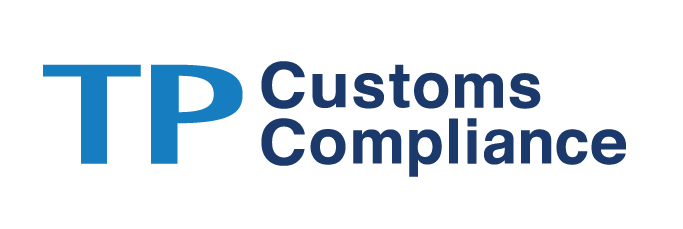On March 24, 2020, the federal government published the “Executive order that establishes preventive measures to mitigate and control the risk of contagion of the virus infection SARS-CoV2 (COVID-19)” (the “Order”) ordering to take the preventive measures to mitigate and control the risks of contagion of the virus “Covid-19”.
The Order is not a “Declaration of Sanitary Contingency” nor does an order to stop all general activities in the companies or workplaces as a consequence of the sanitary risk, thus, it does not activate the suspension of labor activities and the payment of a minimum wage for a period of thirty days.
Unfortunately, the wording of the Order is not clear enough and may cause confusion in its interpretation and scope, resulting in ambiguous content, so it is expected that some clarifications could follow in the next few days from the federal government.
The Order basically orders paid leave-of-absence to high-risk employees.
The Order states and orders, among others, the following:
- Avoid the attendance to the workplace of the following employees:
- Those who are 65 years old or older.
- Group of individuals with risk to develop a serious illness, such as pregnant women or in lactation period, individuals with a disability.
- Individuals with a chronic non-transmissible illness or with a pharmaceutical treatment that diminish their immunological system.
These employees will continue to enjoy their labor rights including the payment of their salary and benefits from March 24, 2020, to April 19, 2020.
- To essential companies or industries, the implementation of plans that guarantee the continuation of their operations to comply with their functions.
- To call private sector, to continue their activities in all companies, businesses, commercial establishment and all those entities necessary to face the contingency (such as hospitals, clinics, laboratories, etc.), as long as their operations are not performed in confined spaces with agglomeration.
- To comply with basic hygiene measures consisting of washing hands frequently, covering the mouth and notice with the forearm or a handkerchief when sneezing and coughing, apply a safety distance, avoidance of greeting by hand, kisses, or hugs, and effective recuperation of individuals that present symptoms of Covid-19, and;
- Compliance with any other preventive measures enacted by the Secretary of Health.
In view of the Order, the companies must:
- Define criteria to identify and employees who must avoid attending to the workplaces, and systems to prove that the employee is within the vulnerable group.
- Prepare protocols in order to mitigate the risks of contagion based on social distancing, which implies the evaluation of the workplaces under these criteria, considering the physical facilities, the individual workplaces, common areas, production lines, productive activities, and logistics, among other factors.
- Implement safety and hygiene standards that mitigate the risks of contagion.
Failure by the employers to comply with the regulations applicable in these events, established in the Federal Labor Law, the Federal Regulation on Occupational Safety and Health, and the Mexican Official Standards, may generate fines of up 5000 Units of Measurement and Updating (which would be approximately USD$20,000), as well as individual or collective termination lawsuits initiated by employees, which will generate high economic implications to the employer.
For specific questions, please contact us
Alejandro Pedrín | apedrin@tplegal.net
Héctor Torres-López | htorres@tplegal.net
Leobardo Tenorio-Malof | ltenorio@tplegal.net
Mauricio Tortolero | mtortolero@tplegal.net
Daniel Gancz-Kahan | dgancz@tplegal.net
Alejandro Ceballos | aceballos@tplegal.net
Elio Sánchez | ecsanchez@tplegal.net
Raúl Escamilla-Sanromán | rescamilla@tplegal.net



